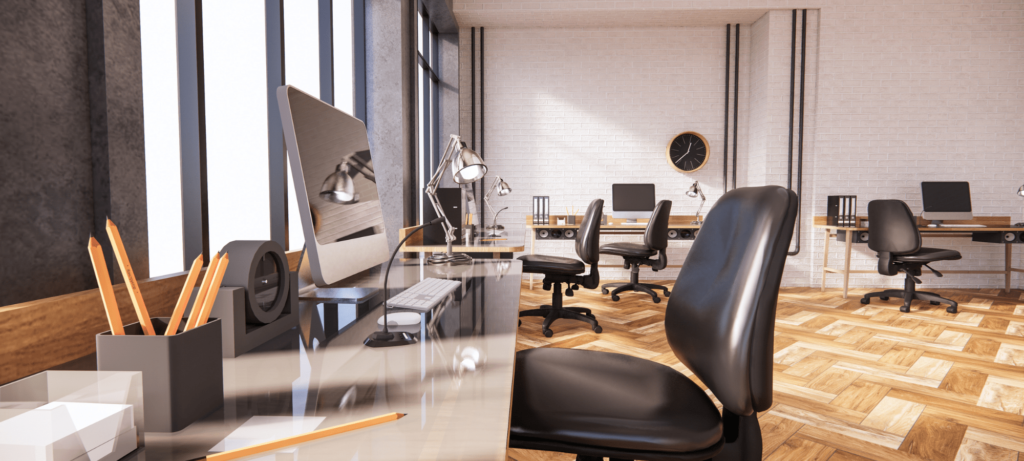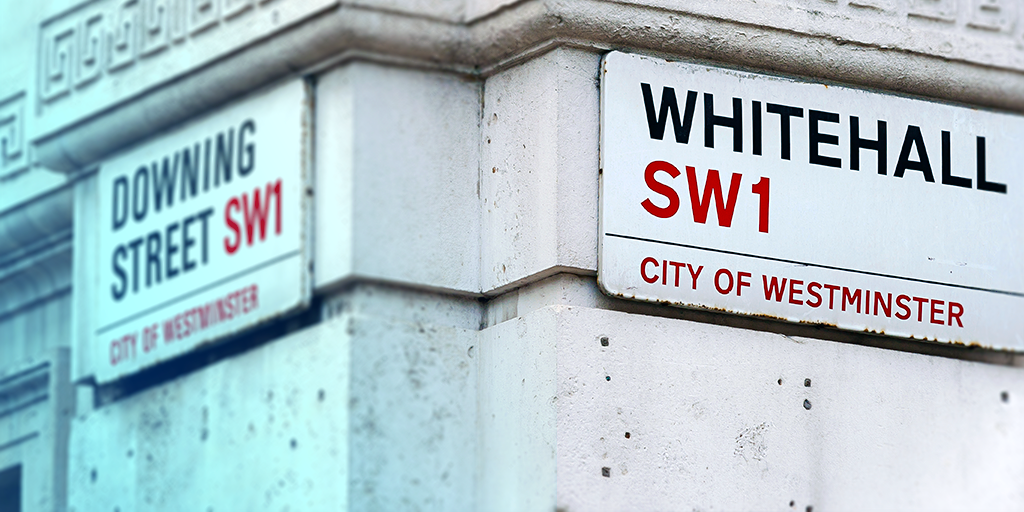
The landscape of work has been undergoing a profound transformation, accelerated by the events of the past few years. One of the most significant shifts in this evolution is the rise of hybrid working, a blend of remote and in-office work. As remote work gains prominence, many have wondered whether the traditional office, as we know it, is on the brink of extinction. In this blog, we’ll explore the question: Has hybrid working killed the traditional office?
The Evolution of Work
Before we dive into the debate, it’s crucial to acknowledge that the concept of work has been evolving for centuries. From agrarian societies to industrial revolutions, work has constantly adapted to the needs and capabilities of the time. In recent years, technology and changing attitudes towards work-life balance have driven the shift towards more flexible work arrangements.
Related Reading: Onboarding in a Hybrid Work Environment: Tips and Best Practices
The Rise of Hybrid Working
The COVID-19 pandemic forced organisations worldwide to rethink their approach to work. Many employees were thrust into remote work situations, which sparked conversations about the future of work. Hybrid working emerged as a solution that combines the best of both worlds – the flexibility of remote work and the benefits of in-person collaboration.
Related Reading: What Is a Digital Workplace? 7 Examples of How It Could Help Your Business
The Arguments for the Death of the Office
- Technology: The advancement of technology has made remote work more accessible and efficient than ever before. With high-speed internet, cloud-based tools, and video conferencing, employees can collaborate seamlessly from different locations.
- Cost Savings: For businesses, reducing the need for physical office space can lead to substantial cost savings. This includes lower rent, utility bills, and maintenance expenses.
- Employee Preferences: Many employees have grown to appreciate the flexibility and autonomy that come with remote work. Surveys indicate that a significant portion of the workforce prefers a mix of remote and in-office work.
- Attracting Talent: Offering hybrid work options can make organisations more attractive to top talent, as it provides the flexibility that many individuals seek in their careers.
- Sustainability: Reducing the need for daily commutes can have a positive impact on the environment. Fewer cars on the road can lead to reduced carbon emissions and less congestion.
Related Reading: 11 Ideas for Building a Sustainable Remote Work Culture
The Arguments for the Office’s Survival
- Collaboration and Creativity: While technology enables remote collaboration, there’s something unique about in-person interactions. The office fosters spontaneous discussions, brainstorming sessions, and creative problem-solving that can be challenging to replicate remotely.
- Company Culture: The physical office often serves as the heart of a company’s culture. It’s where employees bond, celebrate successes, and build a sense of belonging.
- Mentorship and Learning: Many employees benefit from informal mentorship and on-the-job learning, which often occur more naturally in an office environment.
- Security and Data Privacy: Companies that handle sensitive information may prefer employees working from secure office environments to mitigate data security risks.
- Social Isolation: Extended periods of remote work can lead to social isolation, which can have adverse effects on mental health and overall job satisfaction.
So, has hybrid working killed the office? The answer is not a simple yes or no. What we are witnessing is the evolution of the ‘destination office’ rather than its demise. The office is no longer a place where employees are required to be every day; instead, it has become a hub for collaboration, innovation, and cultural reinforcement.
Hybrid working is redefining the role of the office, making it more adaptable and responsive to the needs and preferences of employees and businesses alike. The future of work is not about the death of the office but about reimagining its purpose and function in a changing world. The office is here to stay, but its form and function will continue to evolve to meet the ever-changing demands of the modern workforce.
Uncertain about optimising your office space? Connect with the specialists at Cloudbooking. Let’s revolutionise your workplace together!


